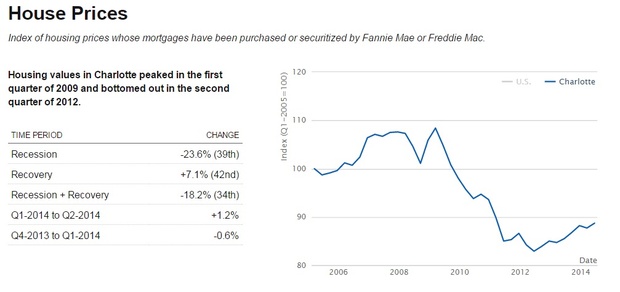Option 1: keep your South Carolina LLC open and register it with the State of North Carolina as a foreign business authorized to transact in North Carolina. You’d obtain a “Certificate of Good Standing” or similar from Florida. You then provide that to the Secretary of State for North Carolina as part of your North Carolina Application for Certificate of Authority (to conduct business in North Carolina). Assuming you are approved by NC, you’re now good to go to conduct business in both states, or either state, and you can have your principal place of business in either state. You will likely be required to pay annual fees to each state and file taxes in each state, which are important factors to consider.
Option 2: start an affiliated company or subsidiary in North Carolina. In certain specific instances, you may keep your South Carolina LLC open, and instead of registering it with North Carolina, you’d prefer to create and register a separate but related business entity in North Carolina. This is typically referred to as a “subsidiary” or an “affiliated company”. You will likely be required to pay annual fees to each state and file taxes in each state, which are important factors to consider.
Additional notes. Under any of the above options, you’ll have to have a registered agent with a “continuous presence” in NC. Many law firms (like mine) agree to provide that service for a small annual fee, but your company’s “RA” doesn’t have to be a business lawyer or law firm. Of course, we also provide the very services needed to transfer your business overall.
These actions can be accomplished without an attorney, but you should at least consider consulting with an attorney any time you make a significant change to your business entity. Good luck!




